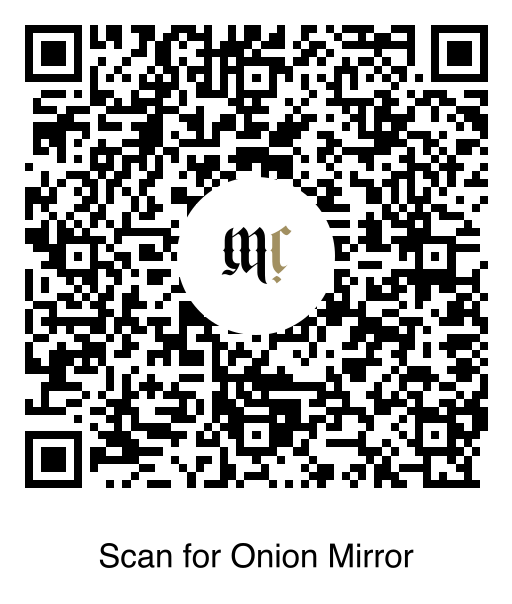 Fr Matthew Charlesworth SJJesuit PriestSociety of JesusJesuit priest working in Southern AfricaFr. MatthewCharlesworthSJ
Fr Matthew Charlesworth SJJesuit PriestSociety of JesusJesuit priest working in Southern AfricaFr. MatthewCharlesworthSJ
 Solemnity of the Most Holy Trinity
Solemnity of the Most Holy Trinity
Date: | Season: Ordinary Time after Easter | Year: C
First Reading: Proverbs 8:22–31
Responsorial Psalm: Psalm 8:4–9
| Response: Psalm 8:2a
Second Reading: Romans 5:1–5
Gospel Acclamation: Revelation 1:8
Gospel Reading: John 16:12–15
Preached at: the Chapel of the Most Holy Name, Kolvenbach House in the Archdiocese of Lusaka, Zambia.
My dear brothers and sisters,
Have you ever stood by the edge of the Zambezi River at its beginning? It starts off small—quiet, even easy to miss. But that little stream becomes one of the mightiest rivers in Africa. It gives water, brings life, carries boats, and brings joy. That’s how God’s love works too. Today, on Trinity Sunday, we are invited to stand at the very source of that love. And what we find is not confusion or chaos—but deep, beautiful communion.
We don’t believe in three gods. And we don’t believe that God just acts in three different ways. We believe in one God, who is Father, Son, and Holy Spirit—three Persons, always together, always loving, always one. This is the heart of our faith. Not a solo ruler up in the sky, but a living relationship. A community of love. A God who is never alone—and never leaves us alone.
The Catechism uses a big word: consubstantial. It simply means that the Father, Son, and Holy Spirit are not just similar—they are the same in being. They are made of the same divine “stuff.” What the Father is, the Son is. What the Son is, the Spirit is. Three Persons. One God. One love that never ends.
Maybe that still feels hard to grasp—and that’s okay. The Trinity isn’t a maths problem. It’s a mystery to enter. Like music: three different notes, but one beautiful chord. Or like a family filled with love—each person unique, but united in heart.
I remember a time when I didn’t know what to do. I was stuck, confused, unsure. But as I prayed, I felt something—or rather, Someone—gently guiding me. That was the Holy Spirit. Not a flash of lightning, not a loud voice, just a quiet strength helping me take the next step.
In the first reading from Proverbs, we hear about Wisdom—a voice beside God as He creates the world. The early Church saw this as a picture of Jesus, the Son. He says, “I was beside Him… delighting in the human race.” That means God didn’t create the world out of boredom or anger. He made it out of joy. He made you out of love.
And in the Psalm, the writer asks: “What is man that you are mindful of him?” It’s a question many of us ask, especially when we feel small or forgotten. Why would God care about me? But He does. The same God who created the stars knows the struggles of a student in Lusaka. He sees the mother in Monze praying for her children. He walks with the young man in Ndola trying to find a job. You matter to Him. Deeply.
St Paul reminds us that “God’s love has been poured into our hearts through the Holy Spirit.” Not just on saints or super-holy people—but on you. The Spirit brings gifts: wisdom when you feel lost, courage when you’re afraid, love when you feel alone. This isn’t just church language. This is help for real life.
Sometimes, the Trinity shows up when you forgive someone who hurt you. Or when you choose to tell the truth. Or when you pray again, even though you feel like nothing’s changing. That’s when you let God’s love flow through you.
In today’s Gospel, Jesus says the Spirit will guide us into all truth. But notice—He doesn’t rush. He doesn’t tell the disciples everything at once. He sends the Spirit to walk with them, gently leading them, step by step. That’s how God works with us, too.
And if we want to see how a human being can live this mystery, we look at Mary. She trusted the Father, carried the Son, and opened her heart to the Holy Spirit. She didn’t have all the answers. But she said yes to love. And so can we.
Every time we come to Mass, we step into the life of the Trinity. The Father gives us the Son. The Son becomes present through the Holy Spirit. And when we receive the Eucharist, we don’t just remember God’s love—we receive it. We are welcomed into God’s own family.
So what does all this mean?
It means love isn’t just a nice idea—it’s the centre of everything. It means our relationships matter. Because God is relationship. And we are made in His image.
Here in Zambia, even with all our struggles—rising prices, joblessness, power cuts, tribal tensions and partisan problems—we can still live like the Trinity. When neighbours share what little they have. When families pray even when they’re tired. When young people stand up for what’s right. That’s the life of the Trinity already shining in us.
So here’s a challenge for this week: do one thing that shows love and unity. Maybe it’s helping someone without being asked. Maybe it’s forgiving someone. Maybe it’s praying before you make a decision. Let your love be real. Let your life reflect heaven’s rhythm.
And every time you make the sign of the cross—on your forehead, your heart, your shoulders—remember: You belong to the Father who made you. You are saved by the Son who loves you. You are strengthened by the Spirit who lives in you.
As we go into this week, I leave you with three questions to pray with:
- Where is God inviting me into deeper friendship—with Him, and with others?
- What gift of the Holy Spirit do I need most right now?
- How can I live the unity and love of the Trinity in my family, school, or parish?
And finally, don’t try to “solve” the Trinity. Just welcome it.
It’s not a riddle to figure out.
It’s a relationship to live.
It’s a love to trust.
A joy to share.
A God to know—Father, Son, and Holy Spirit.
Amen.
Source: https://sj.mcharlesworth.fr/homilies/2025-06jun-15-yc-ot-11/
This homily is shared for personal and pastoral use. Please attribute the author and do not alter the meaning when quoting. If you wish this homily to be translated - there is an option on the website which will allow you to translate it into the language of your choice.
Licenced under a Creative Commons Attribution-NonCommercial-NoDerivatives 4.0 International (CC BY-NC-ND 4.0) license.
The author does not speak for the Society of Jesus or for the Catholic Church.
In preparing this homily, I consulted various resources to deepen my understanding of today’s readings, including using Magisterium AI for assistance. The final content remains the responsibility of the author.




